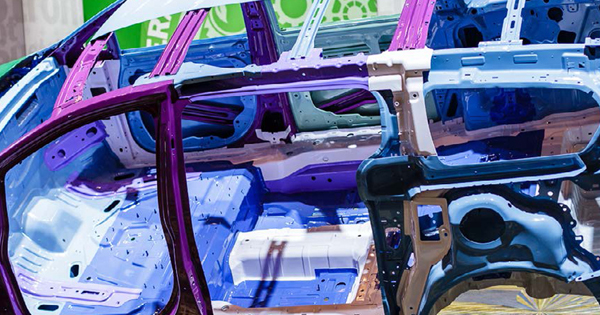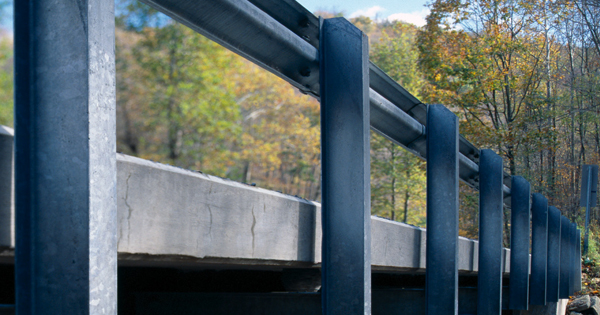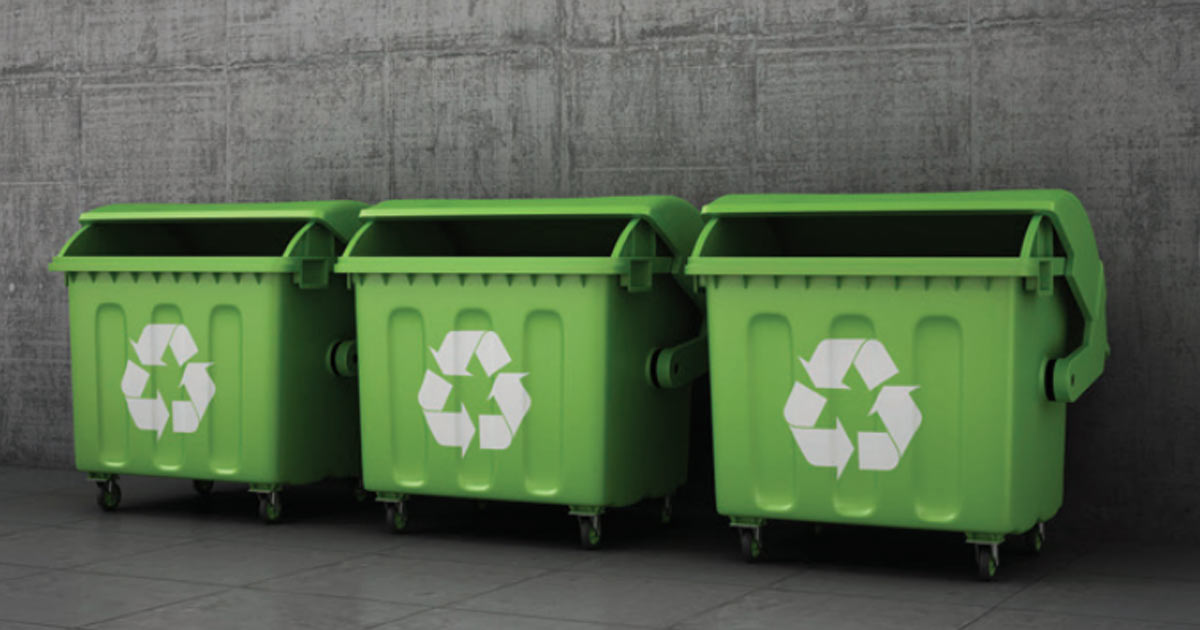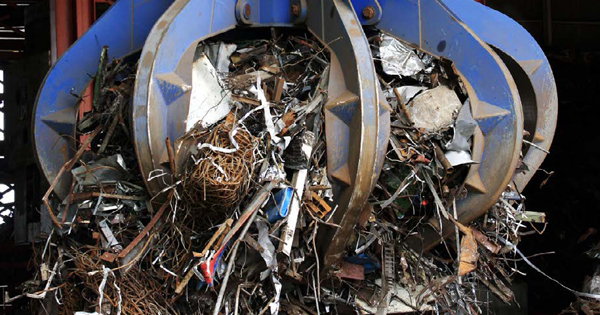Sustainability
New Report: Steel Production Greenhouse Gas Emissions Calculation Methodology Guidelines
Visit the link above to read and download the report.
Learn more by reading the introduction and the press release.

AISI Member Company
Sustainability Initiatives and Policies
Learn how AISI Member Companies are working to produce cleaner steel.

Steel Is The Material That Augments The Well-Being Of People And The Planet
Steel is vital to a modern, sustainable society. The same steel that enables manufacturers to make lighter, more fuel-efficient vehicles, and taller, safer structures is also continuously recyclable. While competing materials focus their sustainability claims on specific phases of product application, steel’s superior performance minimizes environmental impact when measured through the entire life cycle.

Automotive
Current grades of AHSS can reduce a vehicle’s structural weight by as much as 25% and can cut total life cycle CO2 emissions by up to 15% more than any other automotive material.

Construction
Steel is the material of choice by engineers and architects because of its inherent strong performance characteristics such as durability, reliability, versatility in design and consistency.
Learn more about Environmental Product Declarations (EPDs).

Steelmaking
Producing a ton of steel today in the U.S. requires less than half the energy that was needed to produce a ton of steel 40 years ago, resulting in a 50% reduction in greenhouse gas emissions.
American Steel Sustainability
The American steel industry is the cleanest and most energy efficient of the leading steel industries in the world. This is due to the high percentage of steel made from recycling scrap to make new steel, and the use of domestically-sourced iron ore pellets, as well as the increasing use of natural gas in place of coal and coke to make iron and steel with lower emissions.
American Steel’s Carbon Advantage PDF Download >>
Facts About American Steel Sustainability PDF Download >>
Steel Industry Sustainability PDF Download >>
AISI Buy Clean Policy Recommendations Download >>

Additional Sustainability Resources
Steel’s contributions to helping achieve the triple bottom line of environmental, economic and societal sustainability make it vital to achieving the needs of today without impacting society’s ability to meet the needs of the future.
- The steel industry is fundamental to the manufacturing sector and to the overall American economy—accounting for more than $520 billion in economic output and nearly two million jobs in 2017 when considering the direct, indirect (supplier) and induced impacts. View our economic impact report for more.
- The steel industry is critical to daily life, domestic infrastructure and national security, providing for more fuel-efficient, safe cars, innovating infrastructure with lighter utility poles and bridges, lowering energy consumption and costs with steel roofing and giving access to nutrition in times of emergency and financial need.
- Steel advances the quality of life Americans enjoy through innovation and proven performance through five-star safety rated auto bodies, durable framing for buildings that holds up in high winds, earthquakes and fire and eliminating food waste with pre-measured packaging with a long, stable shelf-life.
- Codes and standards for steel construction enable designers and builders to utilize more cost-effective and efficient practices, which ultimately improves stakeholders’ bottom line.
- The steel industry is actively dedicated to meeting society’s needs and advancing environmental stewardship, achieving a 35 percent reduction in energy intensity and a 37 percent reduction in greenhouse gas intensity since 1990.
- When looking at the energy-intensive production processes of competing materials in the auto sector, vehicles using high-strength steels provide significant reduction in emissions

Learn More About Steel Sustainability
Steel Industry Innovation and Sustainability Statement
![[AISI LOGO]](https://www.steel.org/wp-content/themes/steel-org/assets/images/steel-logo.png) American
Iron and Steel
Institute
American
Iron and Steel
Institute
